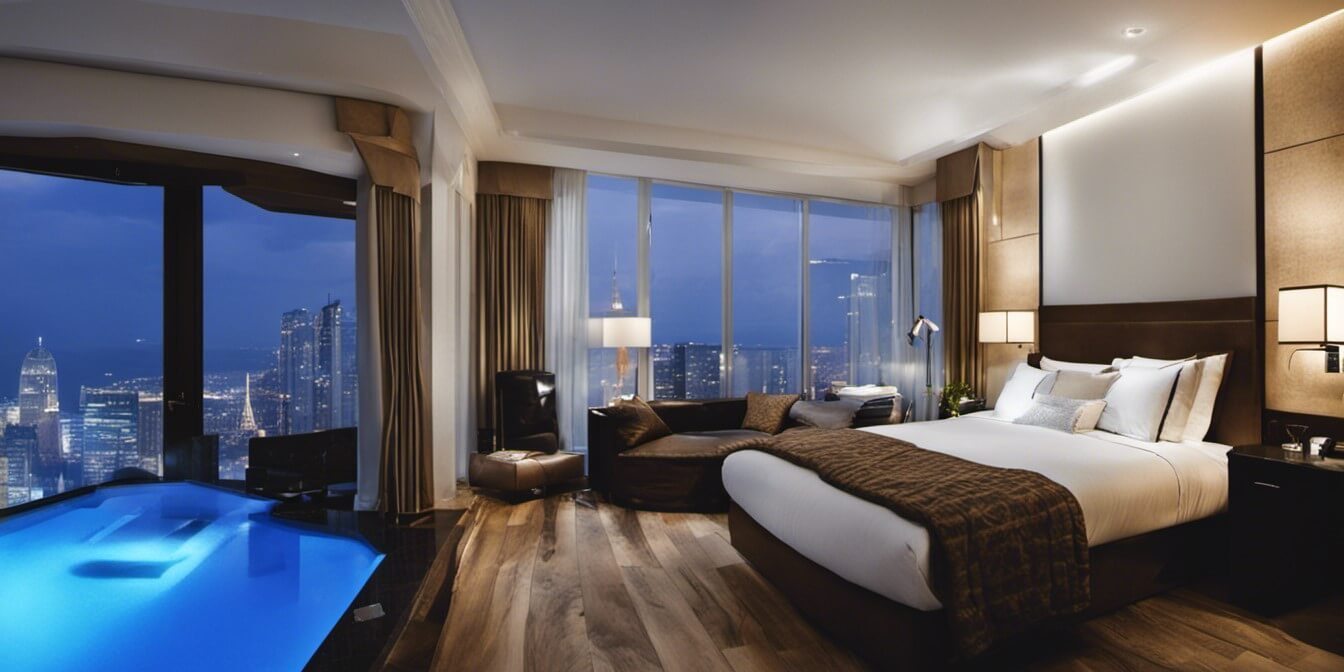Did you know that 53% of people abandon a website if it takes longer than 3 seconds to load? In the ultra-competitive hotel industry, where impressions matter, this could be the difference between a booking and a lost customer. In this comprehensive guide, we will dive into the nuances of website design in the hotel sector and why it’s more important than ever to get it right.
Table of Contents
- Types of Hotel Websites: An Overview
- The Importance of Clean Design
- Best Practices for Hotel Website Design
- Consulting the Experts
- Conclusion
Types of Hotel Websites: An Overview
Hotel websites come in all shapes and sizes. From boutique hotels showing off their unique ambiance to chain hotels focusing on brand consistency, the design must align with the hotel’s ethos. For instance, package websites integrate additional features like flights and airport transfers, requiring a more complex design. On the other hand, classic hotel booking websites focus on simplicity, enabling users to search for locations, check availability, and make a booking. In a market flooded with options, a distinctive, user-friendly design is your ticket to standing out.
The Importance of Clean Design
Designing a hotel website isn’t just about aesthetic appeal; it’s about user experience. The homepage serves as both a showcase for your brand and a navigation hub for services offered. Research indicates that 94% of first impressions are design-related, emphasizing the need for a well-thought-out homepage.
Why Simple is Better
In the current design climate, less is often more. A clean and straightforward design can help retain visitors, increasing the likelihood of them becoming customers. This is particularly essential given that the average user spends less than 15 seconds on a webpage. For more insights into minimalist design, you can check out Why Minimalist Web Design.
Best Practices for Hotel Website Design
There’s no one-size-fits-all approach to website design, but there are industry-specific best practices.
User Experience (UX)
Prioritize the user journey by making navigation easy and intuitive. Include calls-to-action that guide the visitor toward making a booking.
Mobile Responsiveness
With the rise of mobile bookings, your website should be responsive across all devices. For more about mobile responsiveness, visit Romanian Top-Notch Web Programming Company.
SEO Optimization
Use relevant keywords strategically but don’t overstuff. Aim for a keyword density between 0.5%-2.5%.
High-Quality Media
Include high-resolution images and possibly a virtual tour to showcase your property. This visual content can significantly impact customer decision-making.
Consulting the Experts
In a field as intricate as web design, consulting with experts can offer invaluable insights. Agencies specializing in web design can make your website not just visually appealing but also functional and SEO-optimized. For specialized services, check out Professional Web Design Services by Limit Agency.
Conclusion
In summary, website design is not merely an aesthetic endeavor in the hotel industry; it’s a critical business strategy. The design should be clean, user-friendly, and in line with the latest trends and technologies. As the digital landscape continues to evolve, keeping your website up-to-date is essential for staying competitive.
Next Steps
Interested in taking your hotel website to the next level? Consider getting a professional consultation to evaluate your current design and suggest improvements.






